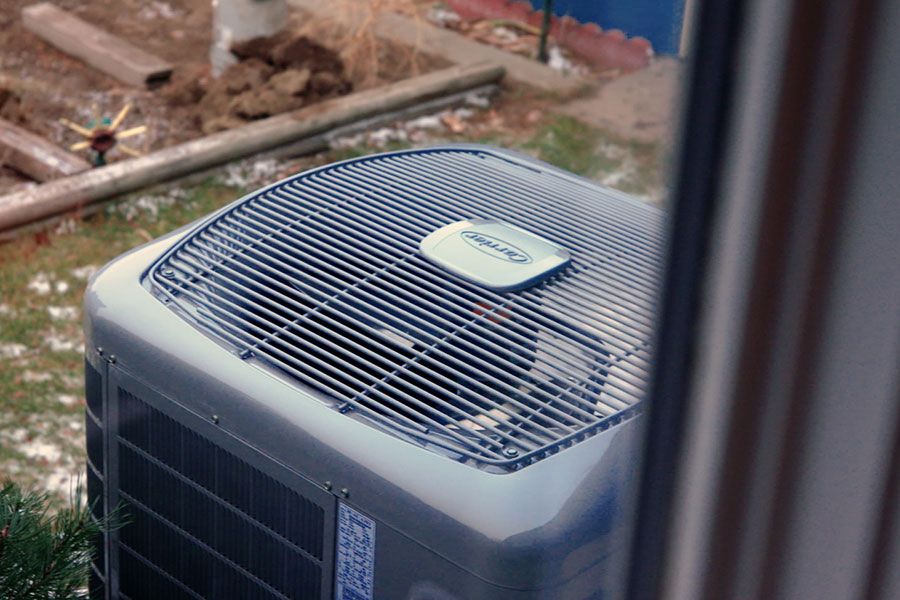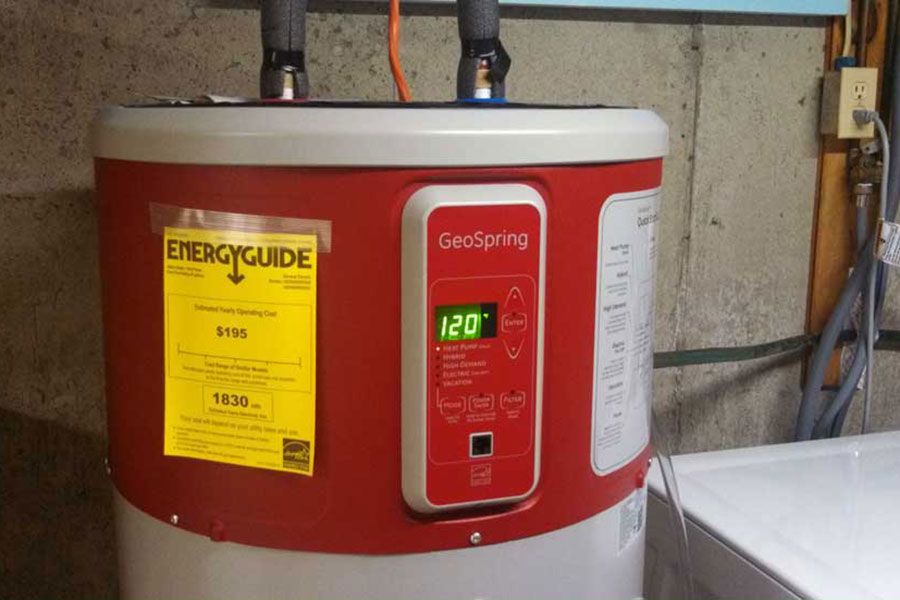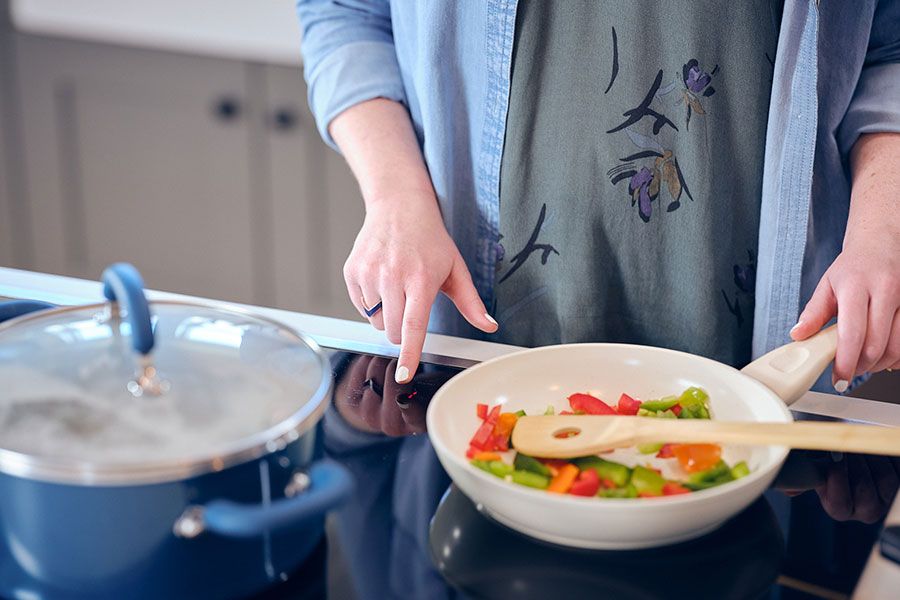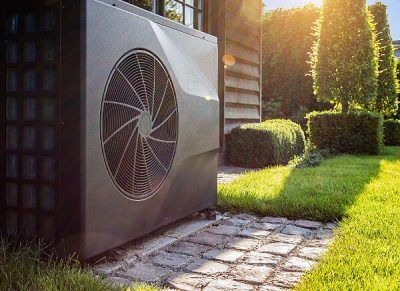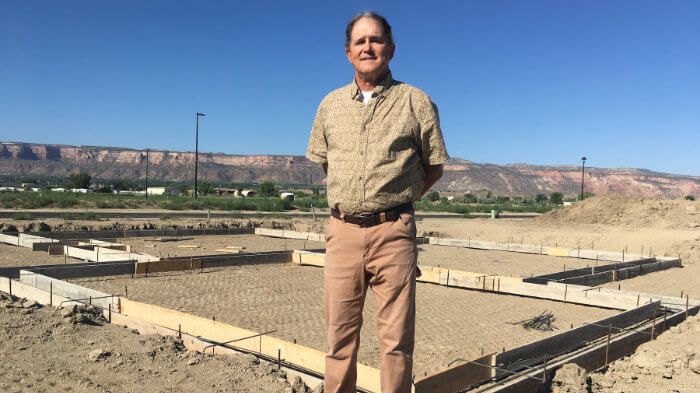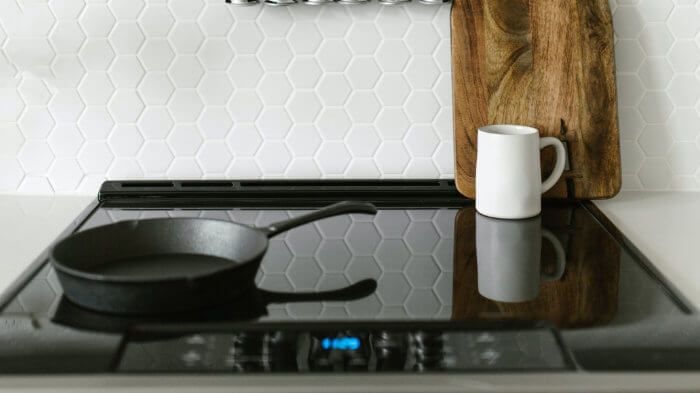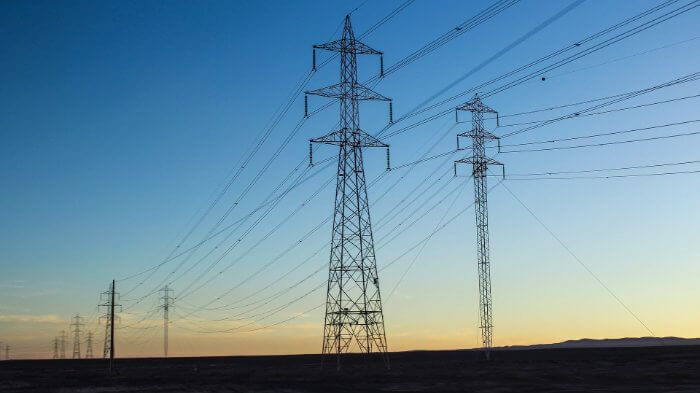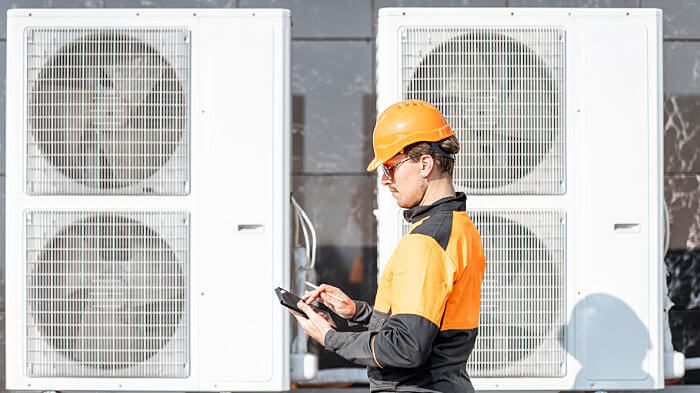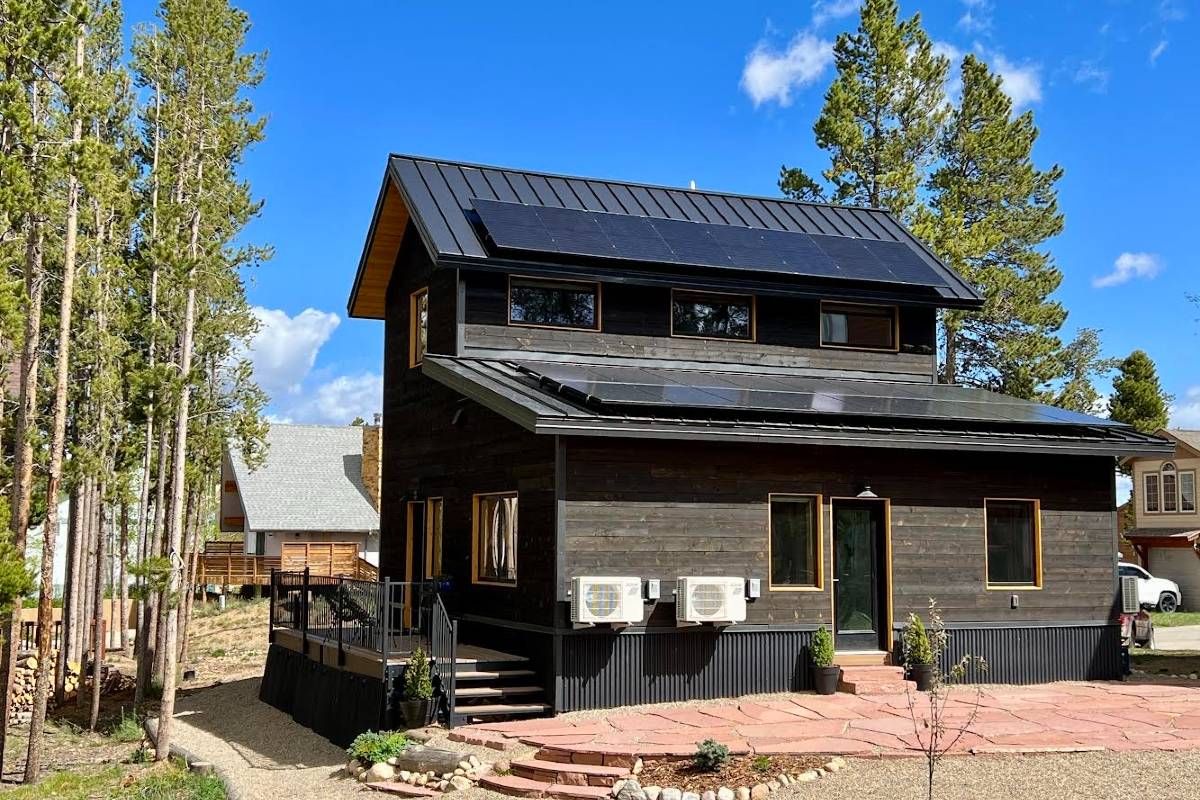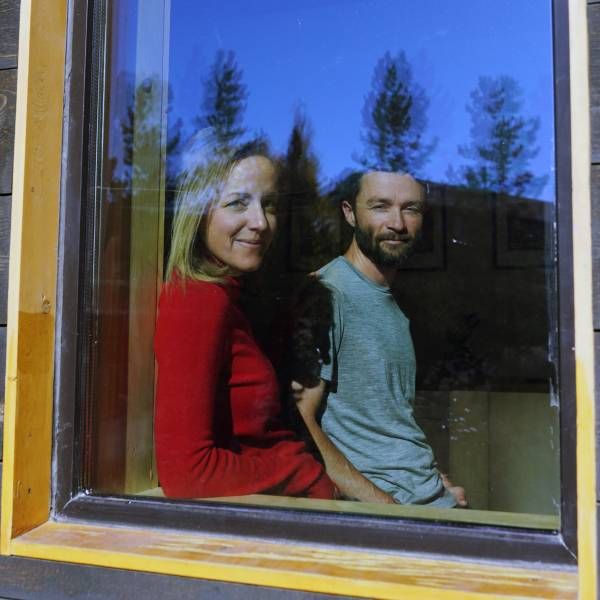It could be expensive to switch your home completely to electric heating and appliances. But we suggest a more gradual approach, taking one system or appliance at a time. First, installing a heat pump system costs more than a gas or propane furnace, but the heat pump also provides cooling. The heat pump system costs about the same as the total for a gas or propane furnace combined with a central air conditioning system. Next, a heat pump water heater costs slightly more than a natural gas or propane water heater, but there are utility rebates available in many areas. An induction cooktop/electric range costs slightly more than an equivalent gas cooktop/range, but performs better and produces no harmful air pollutants. To reduce your annual electricity costs, you could also consider adding a solar PV system, or purchasing some of your home’s electricity from a solar garden. And you can apply for a loan to finance all of the above electric conversions.



